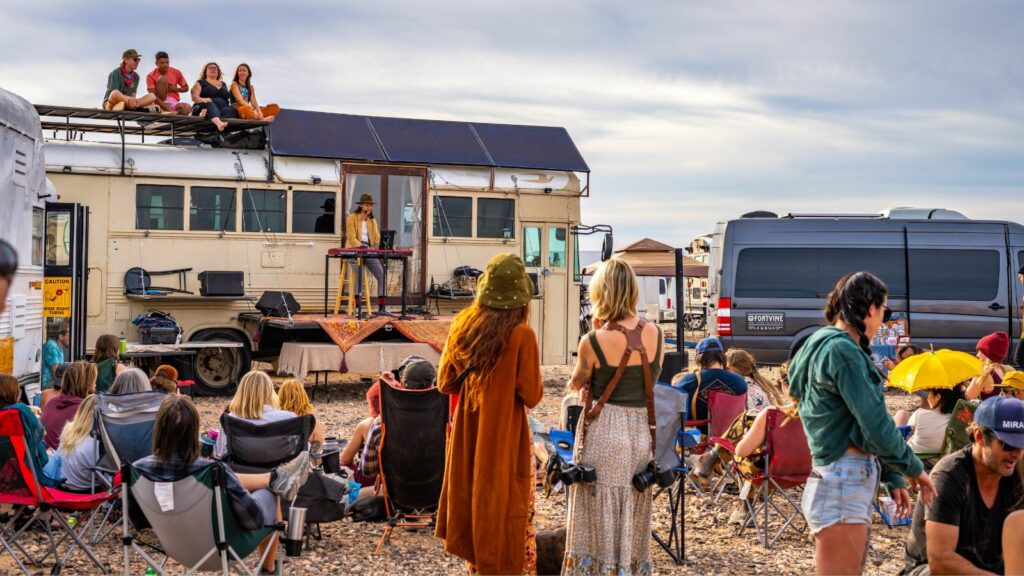Living off the grid is an alluring dream for many: no utility bills, no bustling city noise, and the freedom to live life on your terms. In 2024, more people than ever are exploring this lifestyle, drawn by the promise of sustainability and self-reliance. But the reality of living off the grid can be a mixed bag—filled with both incredible rewards and unexpected challenges. Here are 17 surprising truths about going off the grid in today’s world.
Solar Panels Aren’t a One-Size-Fits-All Solution
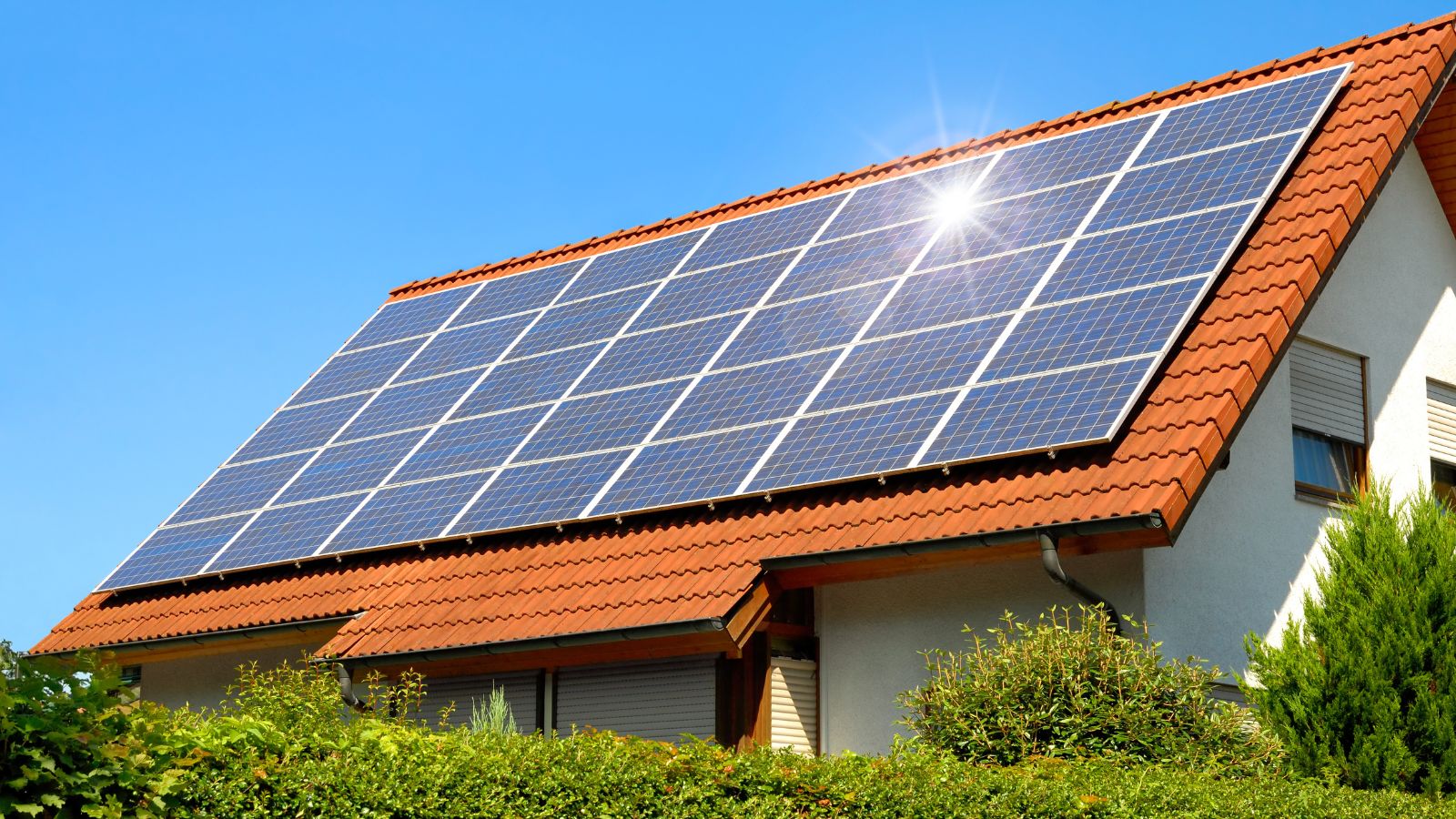
Solar power might sound like the ultimate answer to living off the grid, but it comes with caveats. Panels won’t produce energy on overcast days, during long winters, or if they’re covered in dirt or snow. While battery storage technology has improved in 2024, it’s still expensive and has its limits. Many off-graders rely on backup systems like generators or firewood during the colder months.
Internet Access Is a Lifeline, But It’s Tricky

Thanks to satellite internet providers like Starlink, staying connected off the grid is easier than ever. Remote workers and social butterflies rejoice! But it’s not always smooth sailing. Satellite systems can be expensive, require constant maintenance, and don’t always work well during storms. Yet, for many, the ability to work and communicate online makes these investments worth every penny.
You’ll Become Your Own Handyman (or Handywoman)

When you live off the grid, there’s no landlord or maintenance crew to call when something breaks. A clogged pipe, a malfunctioning inverter, or a leaky roof all mean one thing: time to roll up your sleeves. At first, the idea of fixing everything yourself can feel overwhelming. But with each project, you’ll build confidence and become more self-sufficient—a cornerstone of off-grid living.
The Costs Might Shock You

There’s a misconception that going off-grid is cheaper than conventional living. While it’s true that you’ll save on utilities in the long run, the initial costs can be daunting. Buying land, setting up solar panels, building a water system, and creating a functional home can cost as much as—or even more than—a traditional house. Planning and budgeting are essential, but the rewards of self-sufficiency often outweigh the upfront expenses.
You’ll Need a Community

The image of a lone homesteader thriving in isolation is romantic but unrealistic for most. Many people who live off the grid rely on neighbors and local communities for support. Building relationships is vital whether it’s sharing tips, swapping produce, or helping with repairs. These connections can be one of the most fulfilling parts of the lifestyle.
Growing Your Food Isn’t Easy
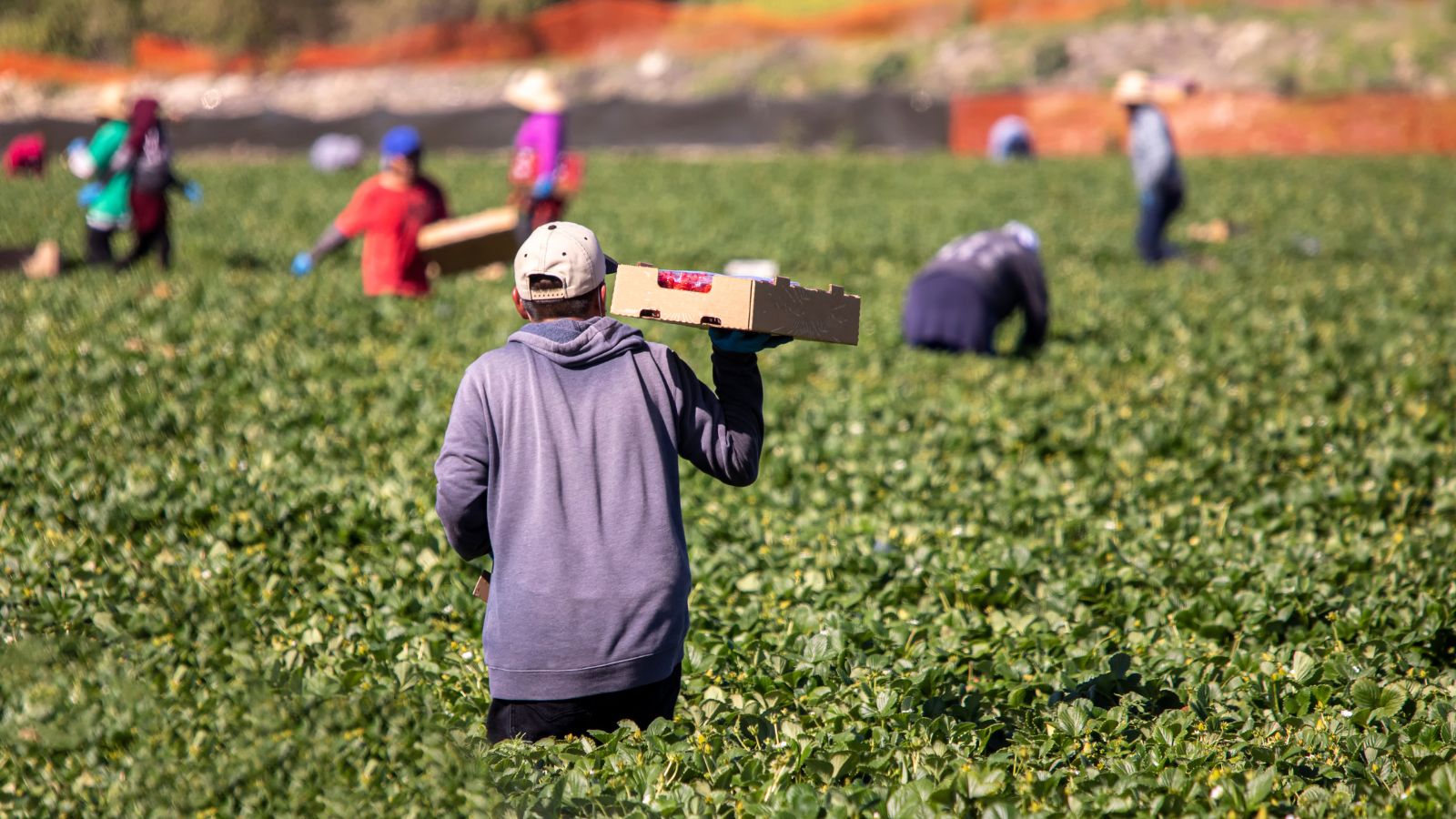
Walking into your backyard to harvest fresh veggies and fruits is appealing, but it takes hard work. Gardening requires planning, physical effort, and patience. Weather changes, pests, and soil issues can make growing food unpredictable. You’ll also need to learn how to can, freeze, and preserve food to get through tougher seasons. The satisfaction of eating what you’ve grown, however, is unmatched.
Legal and Zoning Challenges Can Be Frustrating

Local laws and zoning regulations can make going off the grid difficult in many areas. Some places require residents to connect to utilities even if they do not intend to use them. Others impose restrictions on building small homes, composting toilets, or collecting rainwater. Before making any decisions, it is essential to conduct thorough research to avoid costly or disappointing setbacks.
Water Isn’t Always a Given
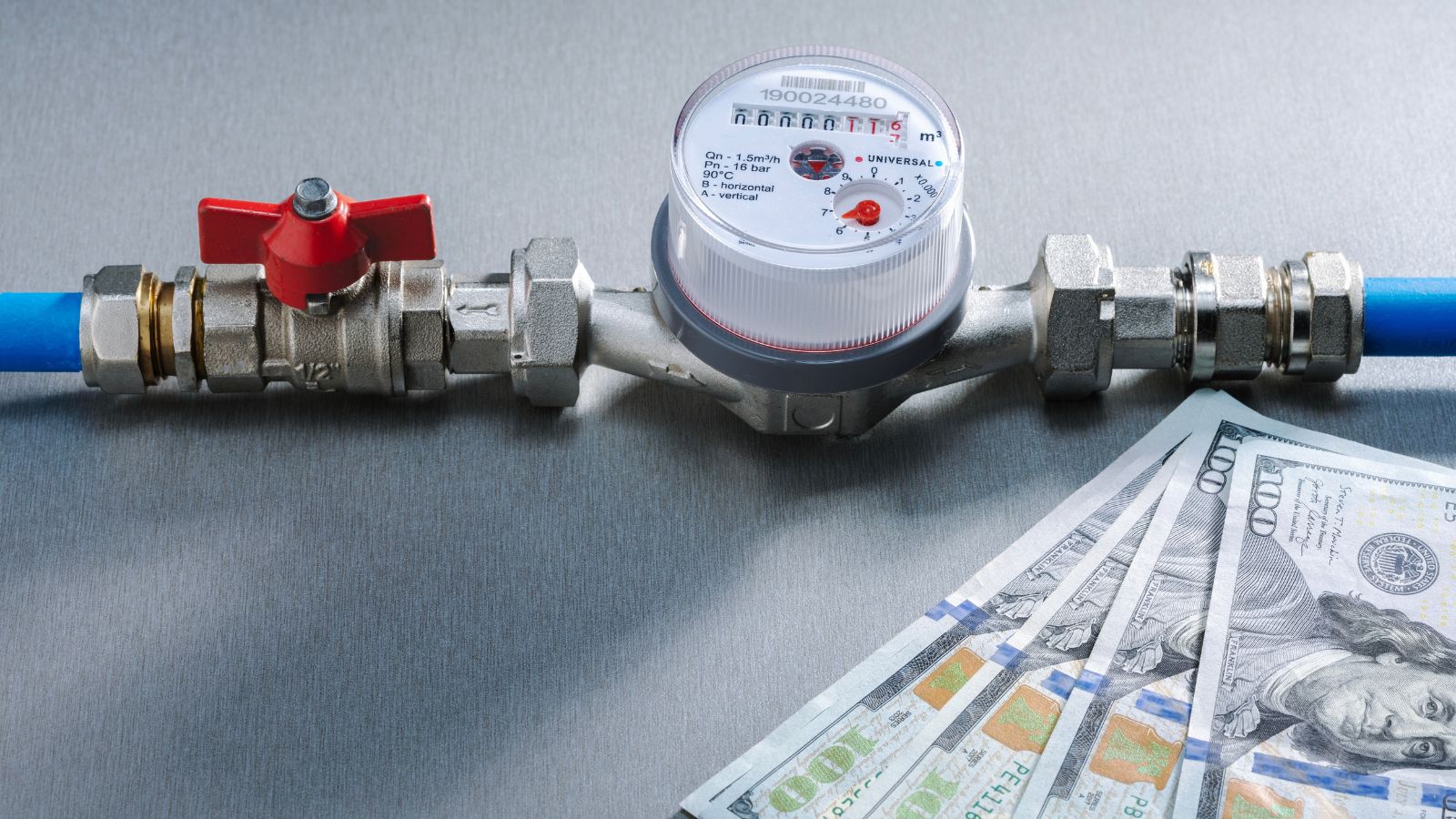
Access to water is one of the biggest concerns for off-grid living. Whether you rely on rainwater harvesting, wells, or natural springs, having clean, drinkable water isn’t always guaranteed. Droughts, contaminated sources, and even frozen pipes can complicate things. Filtering and conserving water becomes second nature for off-graders, and every drop is treated as precious.
Loneliness and Mental Health Are Real Concerns

Living off the grid can be peaceful, but it can also be isolating. Being far from family and friends and the conveniences of modern life can sometimes feel overwhelming. The solitude might lead to moments of self-discovery, but it can also bring loneliness. To thrive, it’s important to maintain a healthy routine, stay connected to loved ones, and carve out time for hobbies or relaxation.
Off-Grid Doesn’t Mean Tech-Free

Living off the grid doesn’t mean you must give up on technology. Many off-griders embrace modern tools like smart energy monitors, weather stations, and AI assistants to make life easier. These gadgets optimize resources and save time, but they do rely on a steady power supply—which circles back to the importance of a solid energy system.
Nature Can Be Harsh
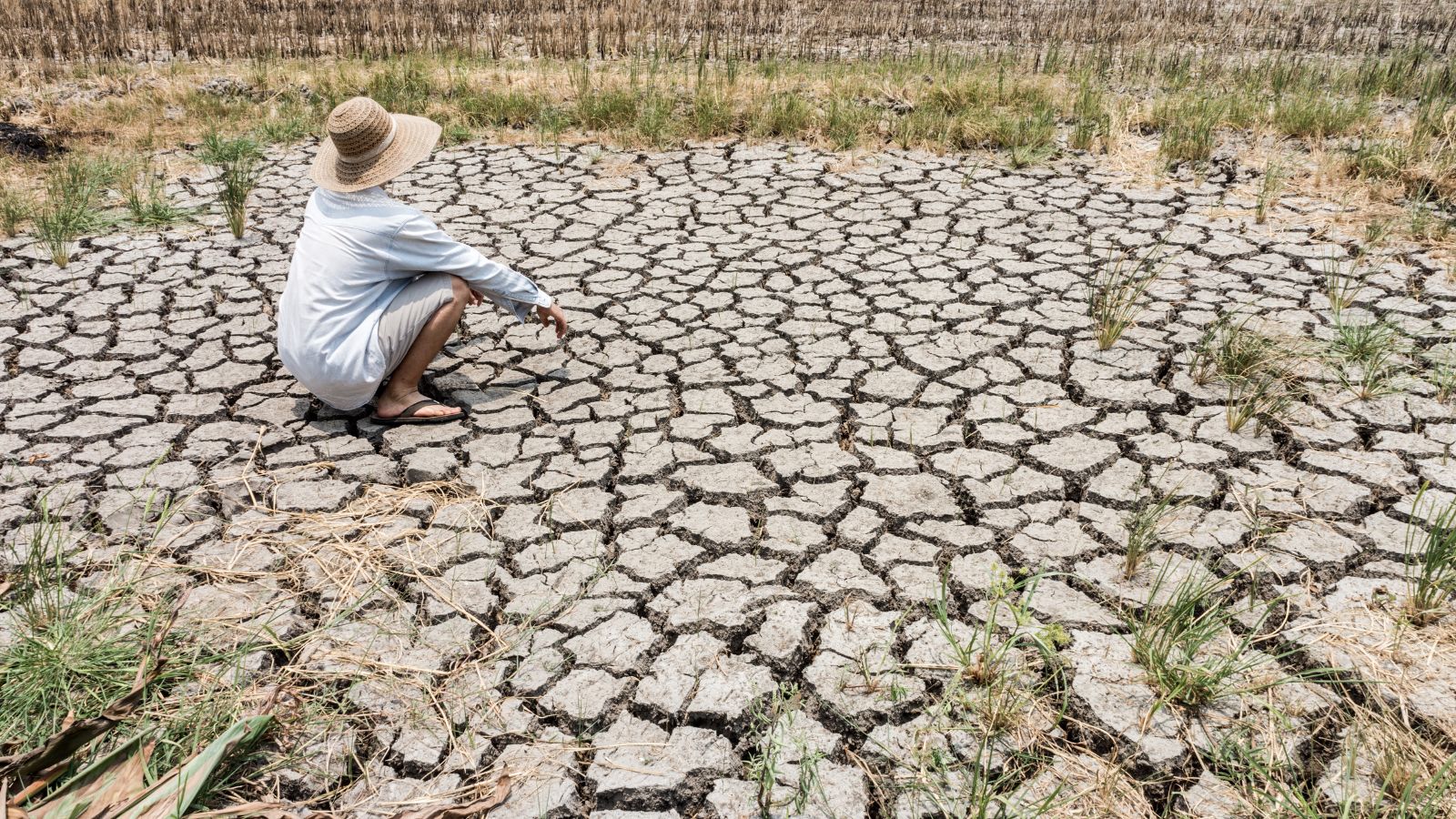
Living closer to nature means dealing with its unpredictability. Wild animals may view your garden as a buffet, storms can damage your property, and extreme weather can test your resilience. Whether reinforcing your home or protecting crops, preparing for the unexpected becomes part of daily life.
You’ll Still Need an Income

Unless you’re self-sufficient, you’ll still need money for property taxes, medical emergencies, and occasional luxuries. Many off-graders find creative income sources, from remote work to selling crafts or produce. Balancing work with the demands of living off the grid takes effort but is entirely possible.
Waste Management Requires Creativity
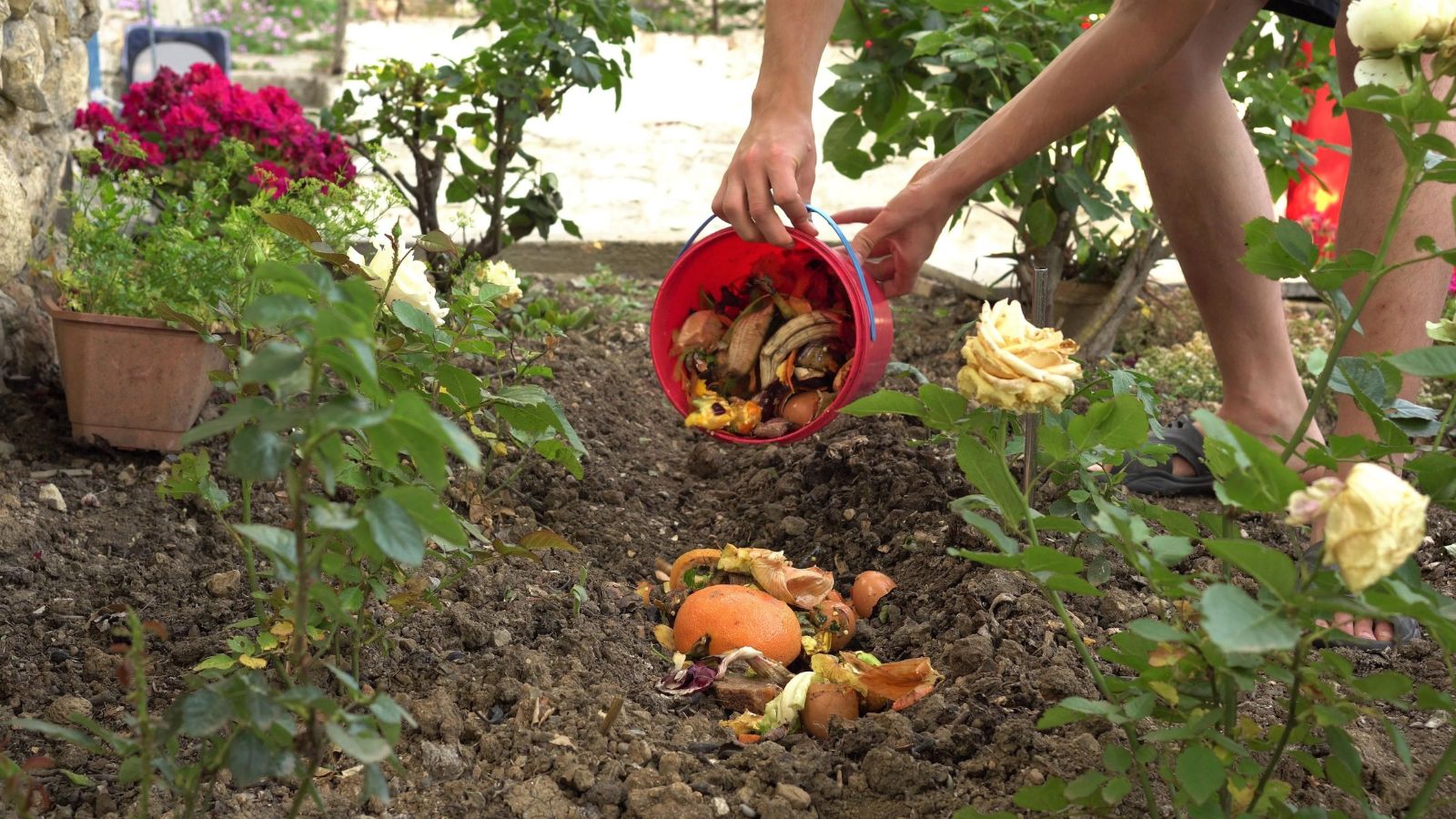
Managing waste is a reality of off-grid living that doesn’t get much attention. Composting toilets, recycling, and careful disposal of non-biodegradable items all require effort and planning. While living in harmony with the environment is rewarding, it’s far less glamorous than some might expect.
Minimalism Becomes Second Nature

Off-grid living forces you to focus on what truly matters. With limited space and resources, you’ll naturally start letting go of unnecessary possessions. Over time, this minimalist mindset becomes a source of freedom. Living with less can help you appreciate what you have and simplify your life in unexpected ways.
Emergency Preparedness Is a Must
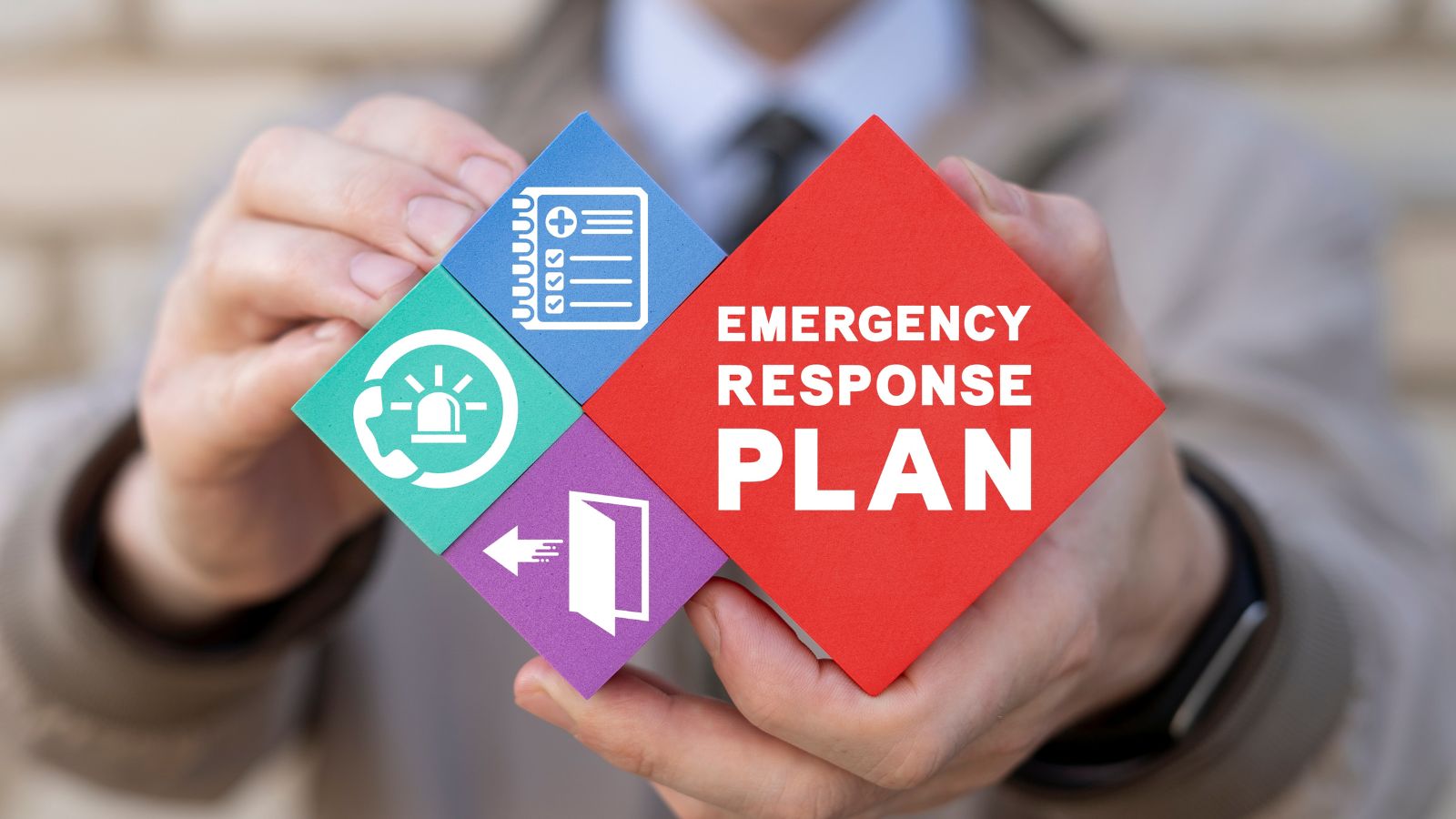
Being ready for emergencies is non-negotiable when you live far from urban centers. The basics are medical supplies, backup power, extra food, and water. You’ll also need first aid and problem-solving skills to handle situations independently. While this might seem daunting, it fosters a sense of confidence and readiness.
Renewable Energy Incentives Help, But They’re Not a Cure-All
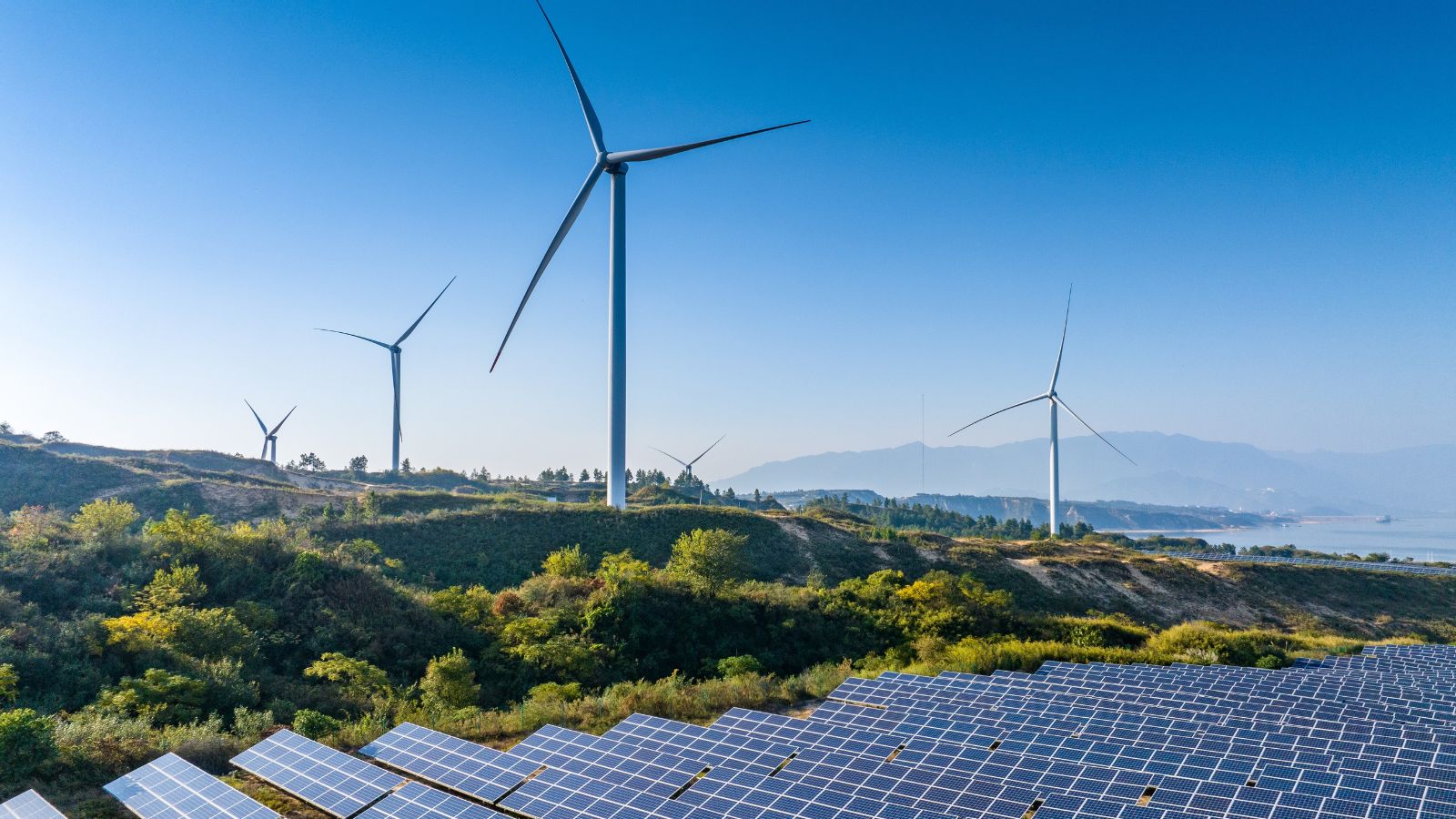
In 2024, governments worldwide offer tax breaks and subsidies for renewable energy systems, making off-grid living more accessible. While these incentives can ease some financial burdens, they involve paperwork and patience. Still, they’re a welcome boost for those investing in sustainable living.
It Changes Your Perspective on Life
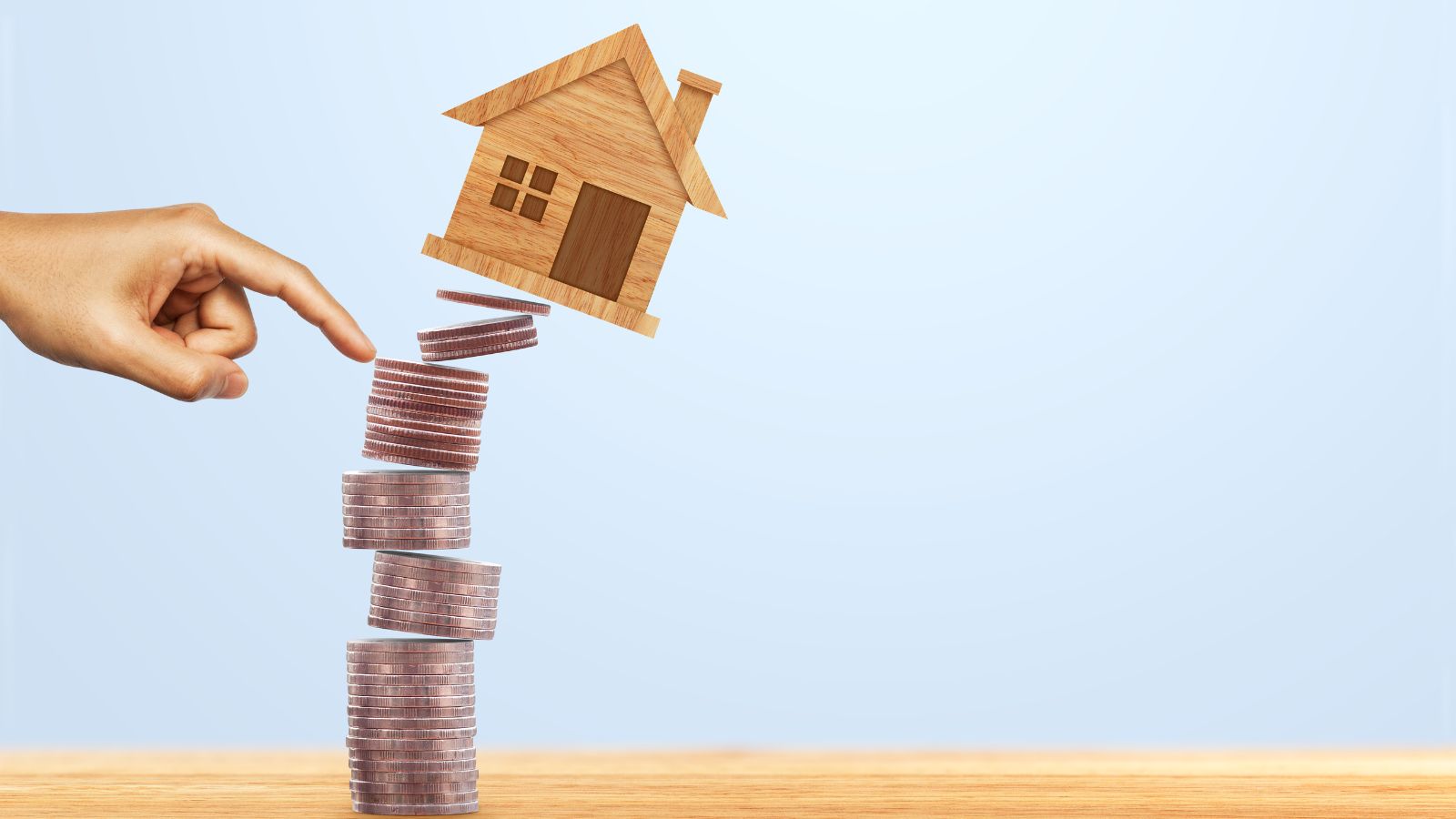
Perhaps the most surprising thing about living off the grid is how much it shifts your worldview. You start to value simplicity, become more attuned to nature, and appreciate every resource you have. Consumerism feels less important, and the small victories—like harvesting your first crop or fixing a broken system—bring immense satisfaction.
Conclusion

Living off the grid in 2024 isn’t for the faint of heart. It’s a lifestyle that demands hard work, adaptability, and a willingness to embrace challenges. But for those who leap, the rewards—freedom, sustainability, and a renewed connection to the earth—are worth it.
Whether you’re considering off-grid living or just curious about what it entails, understanding these realities can help you make informed decisions. Ultimately, it’s not just a way of living; it’s a way of seeing the world. And that might be the most surprising reality of all.
25 Countries Predicted to Become Economic Superpowers in the Next 20 Years

The strength of an economy plays a crucial role in various international policies about trade and relations. Certain factors determine the strength of an economy, including population growth, availability of resources, and development and advancement. Here are 25 countries predicted to become economic superpowers in the next 20 years
25 Countries Predicted to Become Economic Superpowers in the Next 20 Years
